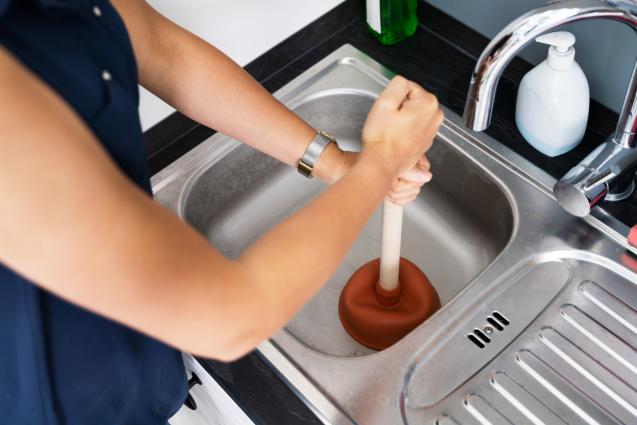
Strange Sounds from Your Hot Water System: Understanding and Addressing the Issue
To ensure optimal performance and longevity, it’s essential to be aware of the varying sounds a hot water system can produce. These noises often serve as an early warning of potential issues lurking within your system, giving you a chance to rectify them before they worsen. This article will guide you in identifying, understanding, and addressing such undesirable rumbles, leading to well-maintained systems and peace of mind.
Identifying Different Types of Noises from Your Hot Water System
Let's kick things off by learning to recognise the common noises that might signal trouble. Popping, hissing, rattling, knocking, even an unsettling roar - each may be indicative of internal issues.
These strange sounds often manifest during or just after the system is in use. When they occur, it’s imperative to be vigilant and listen out for any deviations from the normal hum of operation. A temporary and immediate solution is to turn off the system and get help from a trusted plumber.
Common Causes of Strange Sounds in Hot Water Systems
But what causes these peculiar sounds? Several factors contribute. An increase in water temperature can cause the tank's components to expand and produce strange noises. If the thermostat is set too high, it increases strain on the system, thus producing unwanted sounds.
Sediment buildup is another potential culprit. It often creates a popping sound and hinders the system’s functionality. Don't forget about corrosion, a silent saboteur that can lead to unsettling noises and compromise the structural integrity of your hot water system.
Lastly, excessively high pressure within the system can cause an unnatural clanging or hissing sound. It's a clear sign that something's amiss, warranting immediate attention.
Diagnosing the Issue: Is It Serious?
Hearing noises from your hot water system doesn’t necessarily indicate a disaster. Over time, wear and tear may cause some operational sounds that are perfectly normal. However, drastic changes or the persistent occurrence of strange noises paints a different picture. They hint at underlying issues that may require professional diagnosis or do-it-yourself fixes.
Ignoring these strange sounds can result in higher utility bills, an underperforming system, or even hefty repair costs down the line. Striking a balance between vigilance and complacency is key.
Solutions to the Strange Sounds in Your Hot Water System
The first step towards addressing these issues? Regular maintenance and inspection can go a long way in preventing sound-related issues. Some noises, like those caused by sediment buildup or high pressure, can be managed with varying degrees of do-it-yourself measures.
Advanced issues, however, might require a water heater replacement. It's important to understand when it’s time to step back and invest in a new system.
Finally, remember the great importance of professional inspection and intervention. Though these services come at a cost, they ensure your system is running smoothly, ultimately saving you money and hassle in the long run.
Preventive Measures to Avoid Strange Sounds in Your Hot Water System
Prevention is always better than cure. Regular system flushing is essential in maintaining a sediment-free tank. Keeping the pressure and temperature at the manufacturer's recommended settings can significantly reduce system strain.
By ensuring that your system installation and maintenance are performed correctly, you can prevent a range of problems, including irregular noises. Early detection and immediate remedial measures help maintain your system’s longevity while avoiding exacerbating issues that might spiral into pricy repairs.
Conclusion
As we've explored, understanding and addressing strange sounds from your hot water systems is integral for optimal performance and reduced maintenance costs. From identifying common noises, understanding their potential causes, to implementing effective solutions - being proactive is key.
Maintenance doesn't merely involve fixing issues as they appear. Indeed, it also encompasses regular inspections, adhering to suggested temperature and pressure settings, proper installation, and immediate addressing of issues.
In the long run, this regular attention grants your hot water system extended life, and you, significant savings on utility bills and potential repair costs. So, listen up to your system. Its message might just save you a significant chunk of change.



